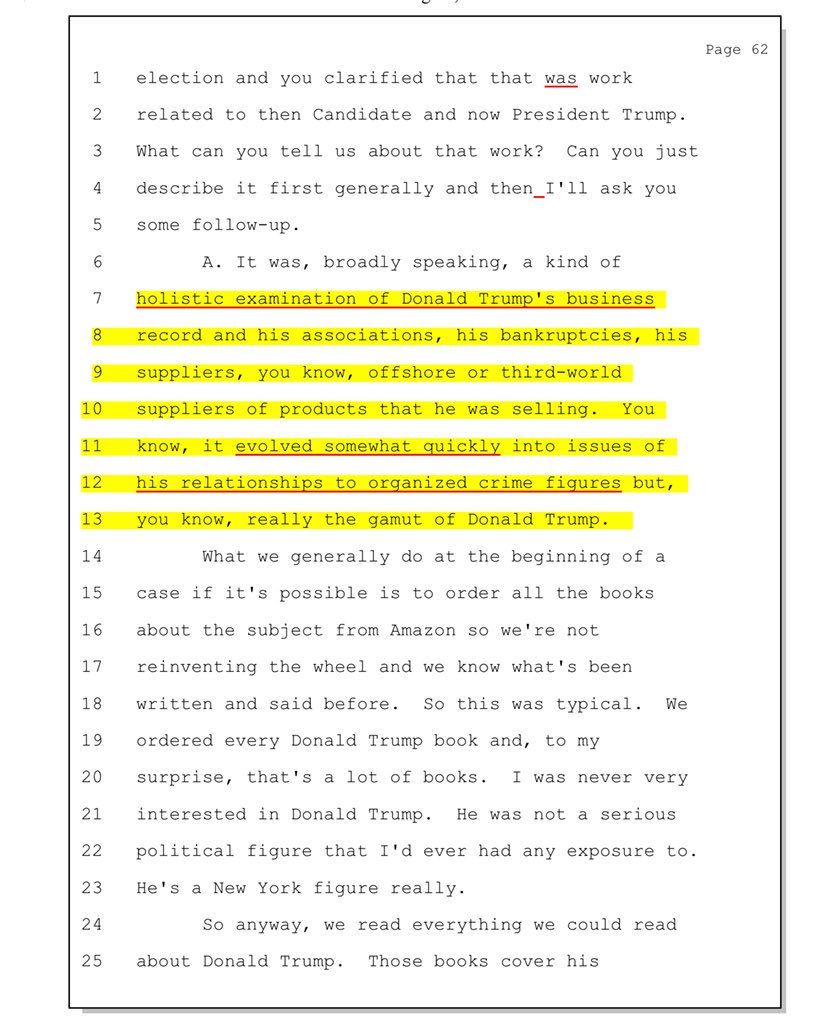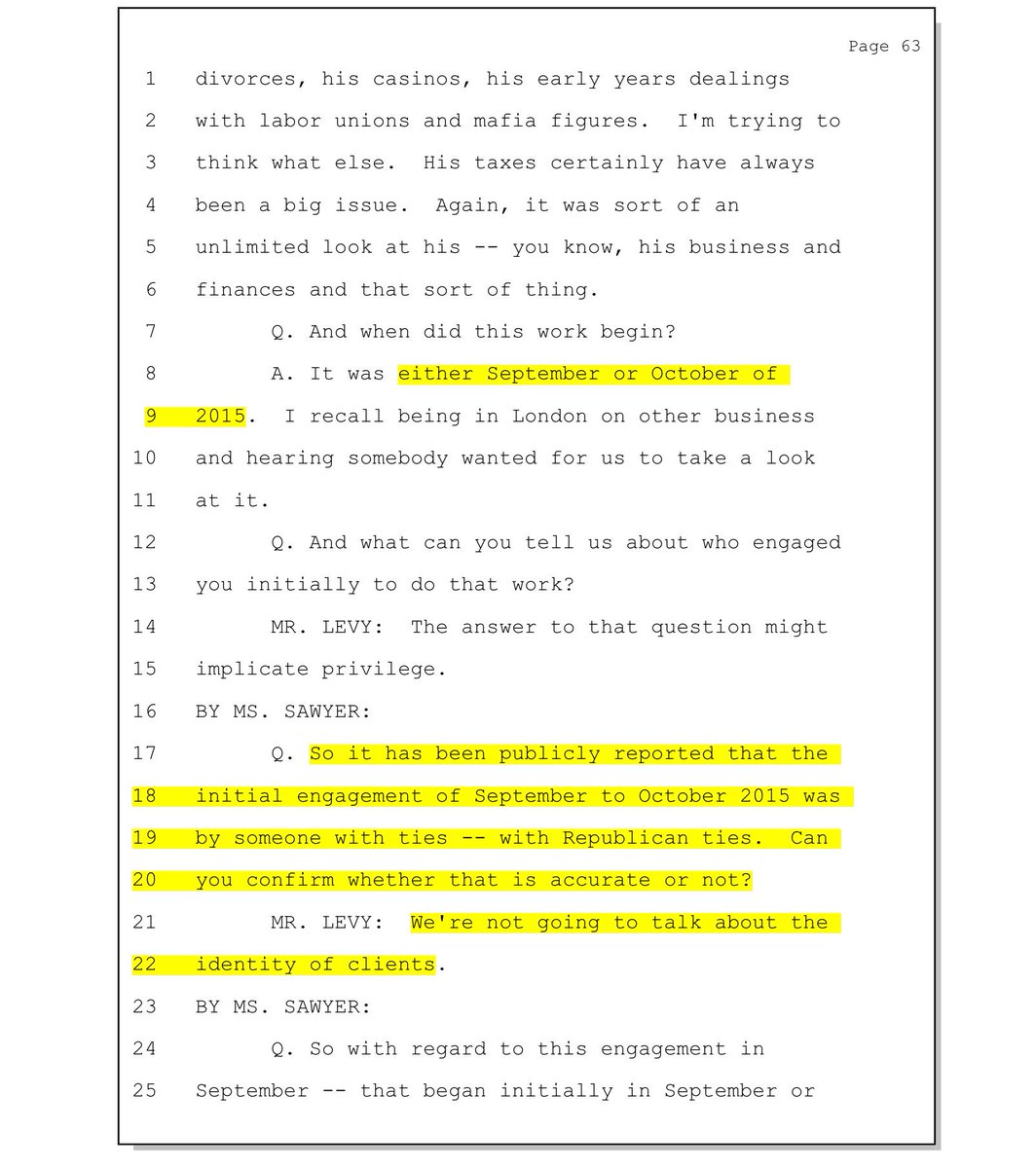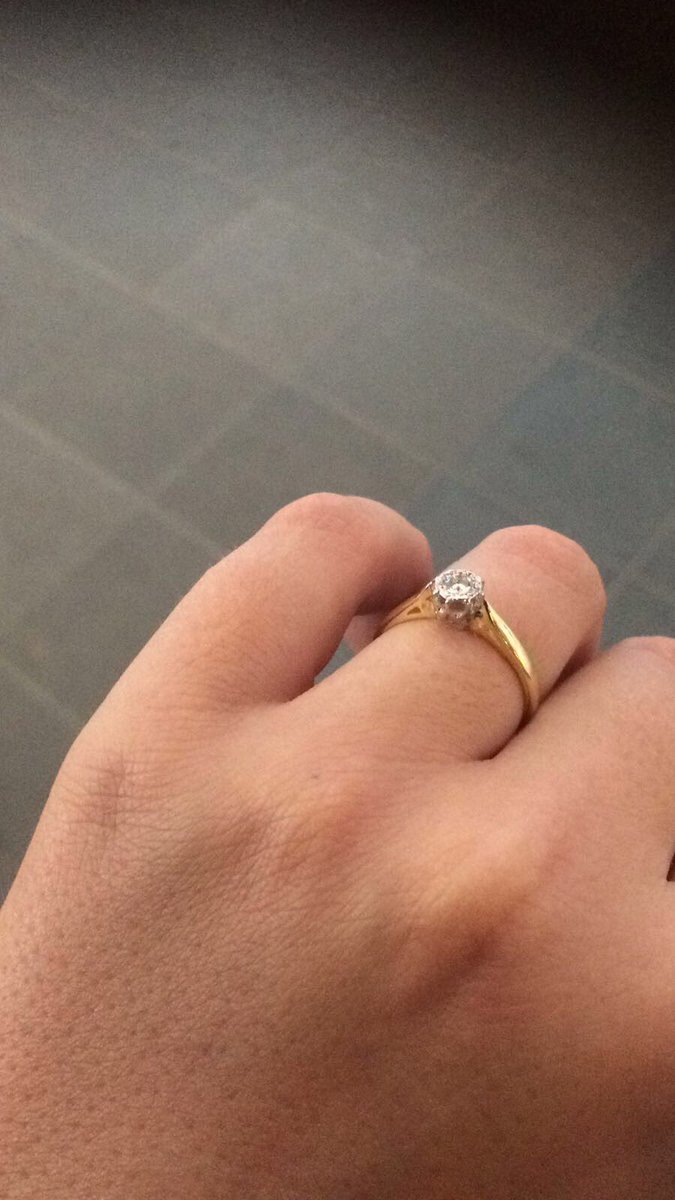Jared: Let me give a brief overview, because I know a lot of people are joining the story in the middle and they're concerned about what is happening to Bernie Sanders in 2020.
Jared: He was a prominent lawyer in South Florida, his body washed up in Hollywood - and he actually worked
Niko: and he said that it was not obligatory for them to follow their own charter, which is bizarre.
Jared: a three judge panel...and we had a pretty lively discussion, I would say, the judges had a lot of questions.
And there were a series of cases, actually two involving Dr. Nixon and another case that followed on, and the Supreme Court had to deal with the same issues that we're talking about now -
Many thanks again to Niko House and Jared Beck!






